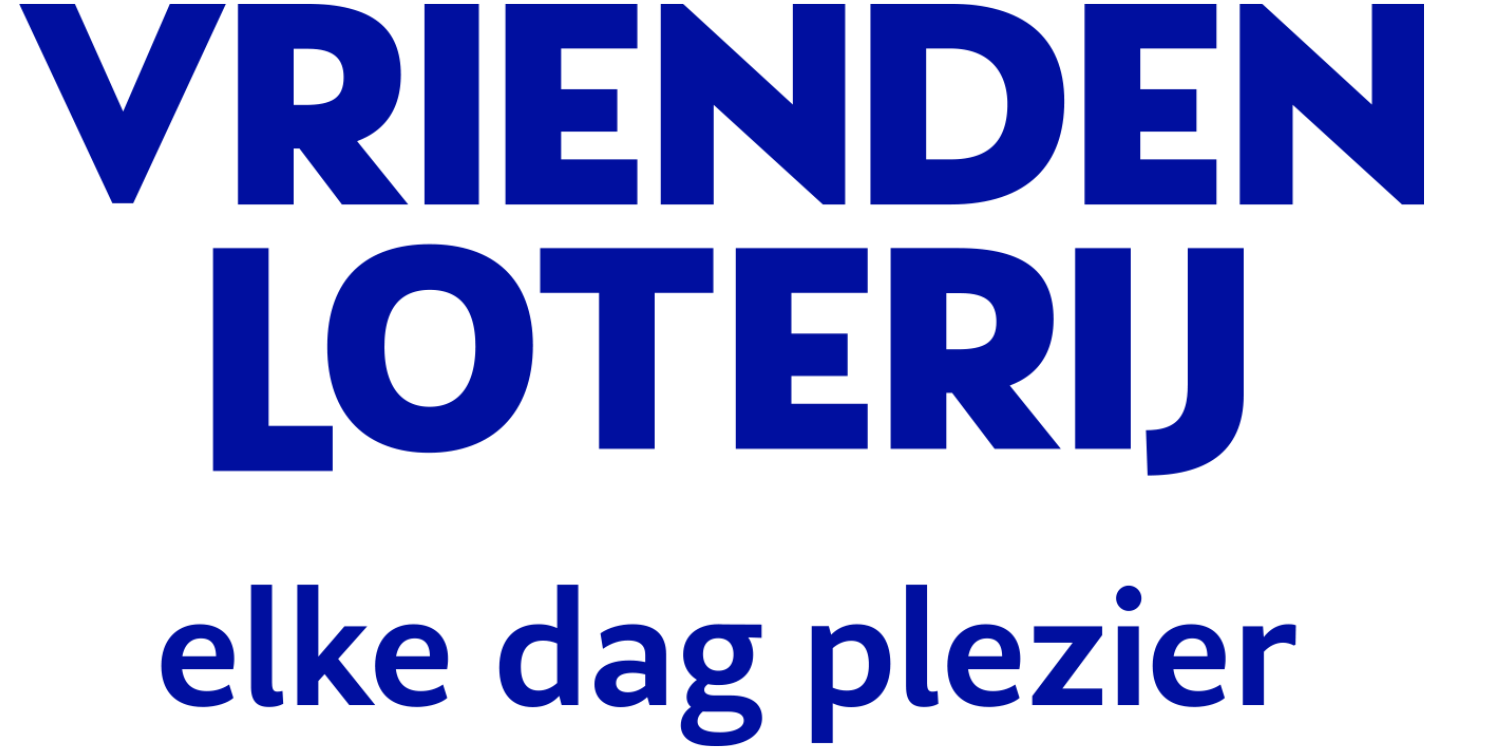Looted

Personal stories about the looting and restitution of Jewish cultural property.
On view until 27 October 2024
An exhibition at two locations: Jewish Museum and National Holocaust Museum
Tickets: € 20.00
Looted
What is it like when everything is taken from you? Not just your rights and freedom, but also your possessions? The dual exhibition Looted is about the loss of Jewish cultural property in the Netherlands. Eight personal stories make palpable what the theft of cultural assets means under inhumane conditions. Because objects are more than just material. They reflect your identity and have emotional significance.
For survivors and heirs of those Jews who were killed, the end of the Holocaust marked the start of the long search for their possessions. And the bitter struggle to recover both their property and their dignity.
Underlying emotion
Looted brings the audience into a world of children’s drawings, photos, ceremonial objects and books. First-hand documents and interviews convey the underlying narrative: the pain that victims continue to feel to this day.
Intransigent bureaucracy
The exhibition also tells the story of Dési Goudstikker-Halban (1912-1996). Her husband, art dealer Jacques Goudstikker, died in 1940 on their escape to England.
After the war, she struggled for many years to recover his art collection from the Dutch state. Goudstikker’s flourishing art business had been stripped bare by the Nazis during the war.
Dési Goudstikker found herself face-to-face with an uncompromising Dutch government and the stubborn bureaucratic officialdom of the organisations that lay in her path. Having pursued her case for many years, the exhausted heiress eventually agreed to settle.

1000 objects
In the Jewish Museum, the story of publisher Leo Isaac Lessmann is on display. Lessmann was a passionate collector of Jewish ritual objects. He owned about 1000 ritual objects, which were very dear to him because they represented and passed on Jewish spiritual values and traditions for him.
Before the war, he managed to send his collection to Amsterdam and flee to Palestine himself. In Amsterdam, most of his collection was stolen by the Nazis.
After the war, Lessmann had to move heaven and earth to receive financial compensation from the German state for the loss of his collection. He ultimately received half of its total value. The objects themselves have still not been found.

In the exhibition, we extensively reflect on these and other stories. In the Jewish Museum, the exhibition focuses on the loss of books and ritual objects. In the National Holocaust Museum, art takes center stage.
The exhibition, running from 31 May to 27 October 2024 at the Jewish Museum and the National Holocaust Museum in Amsterdam, is a co-production with Amsterdam’s Rijksmuseum.
Podcast
The Lost Heppner Collection podcast is a search for justice. This four-part podcast series about Max Amichai Heppner (b. 1933) and his family’s collection made by Airborne Audio in collaboration with Eelke Muller, senior researcher Expert Centre Restitution of the NIOD Institute of War, Holocaust and Genocide Studies.
Book
The exhibition is accompanied by a publication entitled Dispossessed. Personal Stories of Nazi-looted Jewish Cultural Property and Postwar Restitution. published by Rijksmuseum/Jewish Cultural Quarter (ISBN Dutch 978-94-6208-853-5 ISBN English: 978-94-6208-858-0) priced € 27.50.
Symposium
On 9 and 10 September 2024, the international society of provenance researchers Arbeitskreis Provenienzforschung e.V. will host a symposium in the Rijksmuseum auditorium. This will focus on the impact of dispossession and the changing significance of stolen art, books and Jewish ceremonial objects. The symposium is organised jointly by Arbeitskreis Provenienzforschung e.V., the Rijksmuseum, Jewish Cultural Quarter and Sotheby’s. The symposium is co-sponsored by the Arbeitskreis Provenienzforschung e.V. and Sotheby's.
With gratitude to
The exhibition has been made possible with support from de VriendenLoterij, Stichting Collectieve Maror-gelden Nederland, Democracy & Media Foundation, Vfonds, Mondriaan Fonds, het Cultuurfonds, Prof. dr. Herman Musaph Fonds, Jonas Daniel Meijer Fonds, Hans Ham Fonds, Stichting Levi Lassen and Friends of the Jewish Cultural Quarter.
Co-funded by the European Union. Views and opinions expressed are however those of the author(s) only and do not necessarily reflect those of the European Union or EACEA. Neither the European Union nor the granting authority can be held responsible for them.
The publication of Dispossessed. Personal Stories of Nazi-looted Jewish Cultural Property and Postwar Restitution is made possible in part by Stichting Makaria, Vfonds, Mondriaan Fonds and Gregory Annenberg Weingarten, GRoW @ Annenberg.
The symposium Looted is made possible in part by Arbeitskreis Provenienzforschung e.V., Vfonds, Mondriaan Fonds and Sotheby’s.
In association with
The Rijksmuseum Amsterdam and Expert Centre Restitution of the NIOD Institute for War, Holocaust and Genocide Studies.


